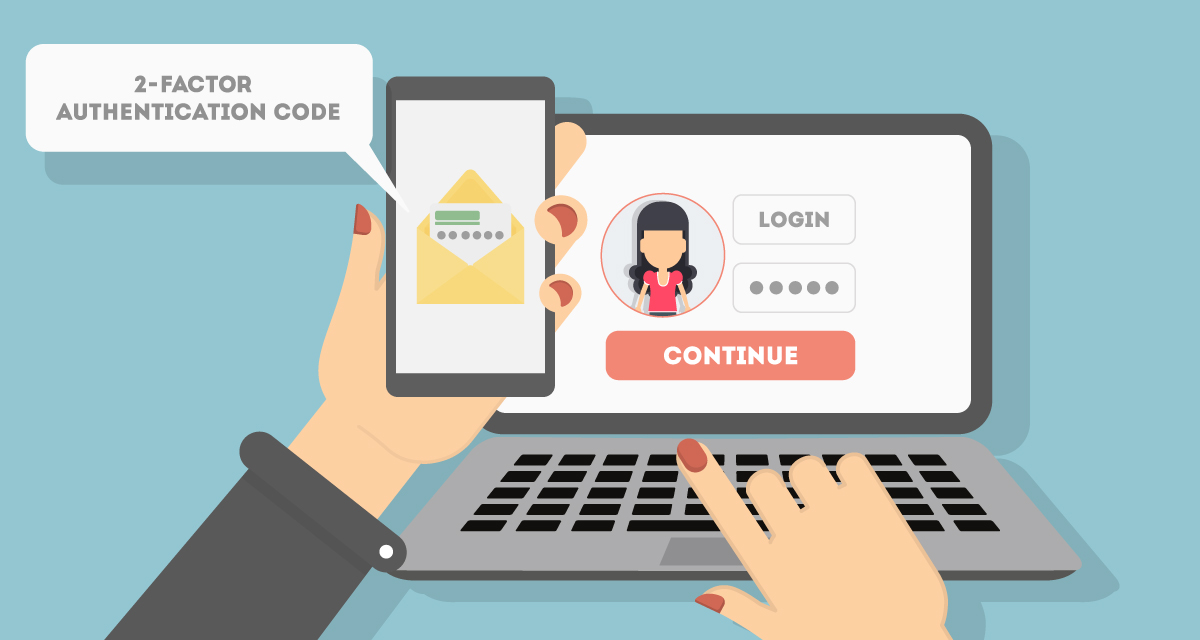Internet Security, Passwords & 2FA

Internet security continues to concern more and more users, especially after one of the largest identity-theft protection companies in the US, LifeLock, discovered that they may have left customers’ email addresses exposed, making them vulnerable to phishing and other spam-related attacks. Many apps, email providers, and websites now offer second-factor authentication (2FA) to help avoid identity theft. Here’s a brief rundown about using 2FA, as well as other ways to keep our accounts safe.
-
- Many internet security experts suggest that you change your passwords frequently. Yes, it can be a pain, but someone hacking into your online banking account would be even more painful. Use upper- and lower-case letters, numbers and symbols, or try a “passphrase,” a brief phrase usually limited to fifteen characters. -
- Change your security questions often if you have that option. Most account profile settings will allow you to choose different questions.
-
- Hackers are becoming more inept at stealing mobile phone numbers and hijacking SIM cards, as well as social media accounts that are associated with the numbers. Motherboard writes that we should set up a special password with our cellular providers to make it more difficult for these thieves to pretend to be the account owner when they call the phone company.
-
- Almost everyone uses a computer at work these days, and you may occasionally use it for personal things. The best advice: don’t use your work computer for anything personal. If you need to handle something during the day with your child’s teacher, handle it in phone conversation or use your smartphone’s email app. Internet acceptable-use policies are in place in most business and organizations, so it would be best to re-familiarize yourself with that section in your personnel handbook.
-
- PCMag lists many popular websites that have the option of 2FA, it’s just hiding in the settings. The article also gives us directions for different websites.
-
- If you must write down passwords for multiple accounts, make sure whatever you have them written on is in a locked and secure place.
-
- Our smartphone’s software is becoming so advanced that they can recognize our fingerprints and faces, but our pc’s and laptops continue to use passwords as the most common way for logging in. There are several ways to provide additional information for the apps and websites we log in to, and PCWorld’s website gives us a rundown of the best apps available.
The best protection we can give our personal info is to not get slack. We must be proactive and stay one step ahead of ourselves, as well as anyone who’d like access to our personal information. As the saying goes, “An ounce of prevention is worth a pound of cure,” and that certainly applies to keeping our own data secure and out of the wrong people’s hands.
Courtesy of Chester County PA Realtor Scott Darling.
Photo credit: blog.internetcreations.com




